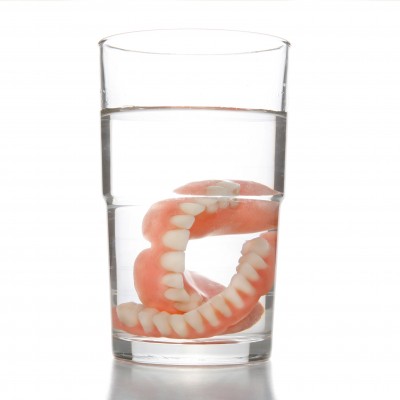
It seems that one out of every 10 Japanese children is not developing the full complement of 28 adult teeth, according to dentists. This means it could affect their ‘bite’ as well as storing up further dental and other oral problems.
The findings come from a survey of 15,544 children aged 7 years and over, which found 2.5% had fewer upper jaw teeth and 5.7% fewer lower jaw teeth than other ‘normal’ children. A further 1.9% had fewer teeth in both areas of the jaw.
The reasons behind this unfortunate condition are not currently understood, although it is thought there is likely to be a genetic cause.
What can dentists do about the condition?
One possible treatment is implants. However cosmetic dentistry is not as readily available for Japanese patients as it is in say, the UK. While there are around 60,000 dental clinics in the country only a fraction can handle what is needed.
In other news denture wearers are being warned that they should be careful in how much zinc they ingest as too much can be harmful. J.A. von Fraunhofer, a member of Academy of General Dentistry (AGD) in the USA, told reporters: “If a patient wears dentures, it is essential that he or she follows the instructions and recommended dosages on the product label.
“Many times, patients will overuse the adhesive and, although it happens rarely, they can ingest toxic levels of zinc, with adverse neurologic effects.”
A colleague, Manuel A. Cordero added: “An ill-fitting denture is one reason that a patient could be overusing adhesive. Abusing denture adhesive could cause nausea, stomach ache, and mouth irritation
“Over time, toxic levels of zinc could cause a copper deficiency, which has been linked to neurological damage.”
Zinc can be found in many foodstuffs including eggs and fish and is often used in a variety of dental products.